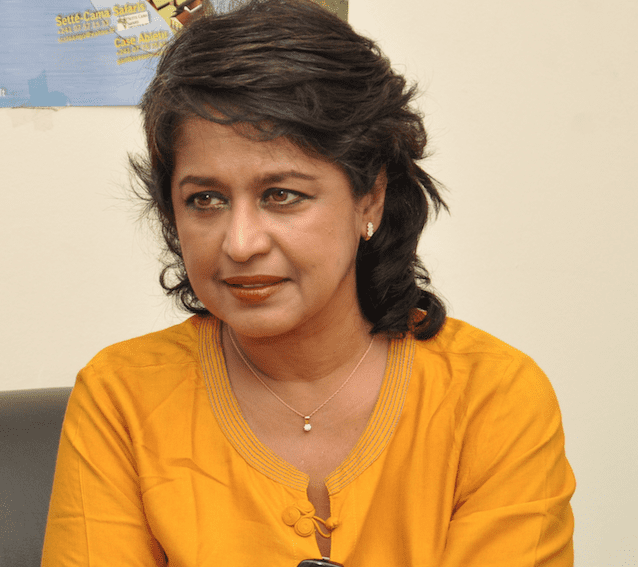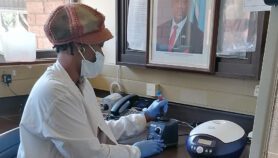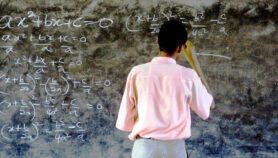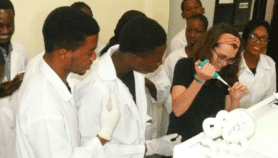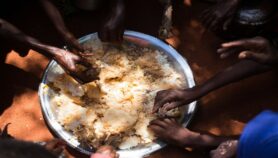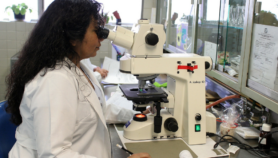By: Sam Otieno
Send to a friend
The details you provide on this page will not be used to send unsolicited email, and will not be sold to a 3rd party. See privacy policy.
[NAIROBI] African governments and the private sector need to embrace science, technology and research for development, according to President Ameenah Gurib-Fakim of Mauritius.
In a speech Gurib-Fakim delivered during the launch of the Alliance for Accelerating Excellence in Science in Africa (AESA) this month (10 September) in Kenya, she noted that there are research and development challenges in Sub-Saharan Africa.
She said that a yawning gap in research capacity still exists in Sub-Saharan Africa, with the region accounting for less than one per cent of the world’s research output despite having 12 per cent of the global population.
“It is time to tackle mediocrity in science and technology.”
President Ameenah Gurib-Fakim, Mauritius
“Our collective challenge is to reduce brain drain and accelerate brain gain because about one-third of qualified scientists and engineers who were born and trained in developing countries [have] moved to industrialised countries,” she said. “Ten per cent of the total science and technology workforce in the United States is of foreign origin, while in Australia it is as high as 25 per cent”
The Kenya-based African Academy of Sciences and the New Partnership for Africa’s Development (NEPAD) Agency created AESA with initial seed funding of US$5.5 million from the Bill & Melinda Gates Foundation, the UK-based Wellcome Trust and the UK Department for International Development.
The AESA seeks to develop research leadership and promote scientific excellence and innovation to overcome Africa’s developmental challenges such as the shortage of researchers to tackle its disease burden.
Gurib-Fakim noted that Sub-Saharan Africa, especially East Africa and Southern Africa, is depending heavily on international collaborations and visiting faculty for research outputs.
She noted: “It is time to tackle mediocrity in science and technology, and forge the next generation of partnerships that can deliver results and lasting outcomes. Improving higher education is key to making Africa a knowledge-driven continent.”
Gurib-Fakim decried little regional collaboration among African countries and urged for increased intra-Africa as well as North-South collaborations and more government engagement and bigger public funding of science and technology research.
Many African countries, she stated, are far from the Lagos Plan of Action and African Union 2007 initiative calling on African countries to allocate one per cent of national wealth to science, with only Tunisia and South Africa being on track.
Gurib-Fakim called on African governments and the private sector to make firm commitment to investing in science, technology and innovation if the continent wanted to participate actively in the global knowledge economy. Full participation of women, she added, is vital.
Mathew Kandie, a field engineer at Telkom Orange Kenya, tells SciDev.Net that AESA is a good initiative that should be embraced by the private sector because most private industries rely on innovation and science to solve problems.
“For a very long time Africa [has depended] on skills from European countries and yet we have the knowledge inside Africa,” Kandie said. “This initiative will help us to have people who are qualified and working in our countries.”
This article has been produced by SciDev.Net's Sub-Saharan Africa desk.


